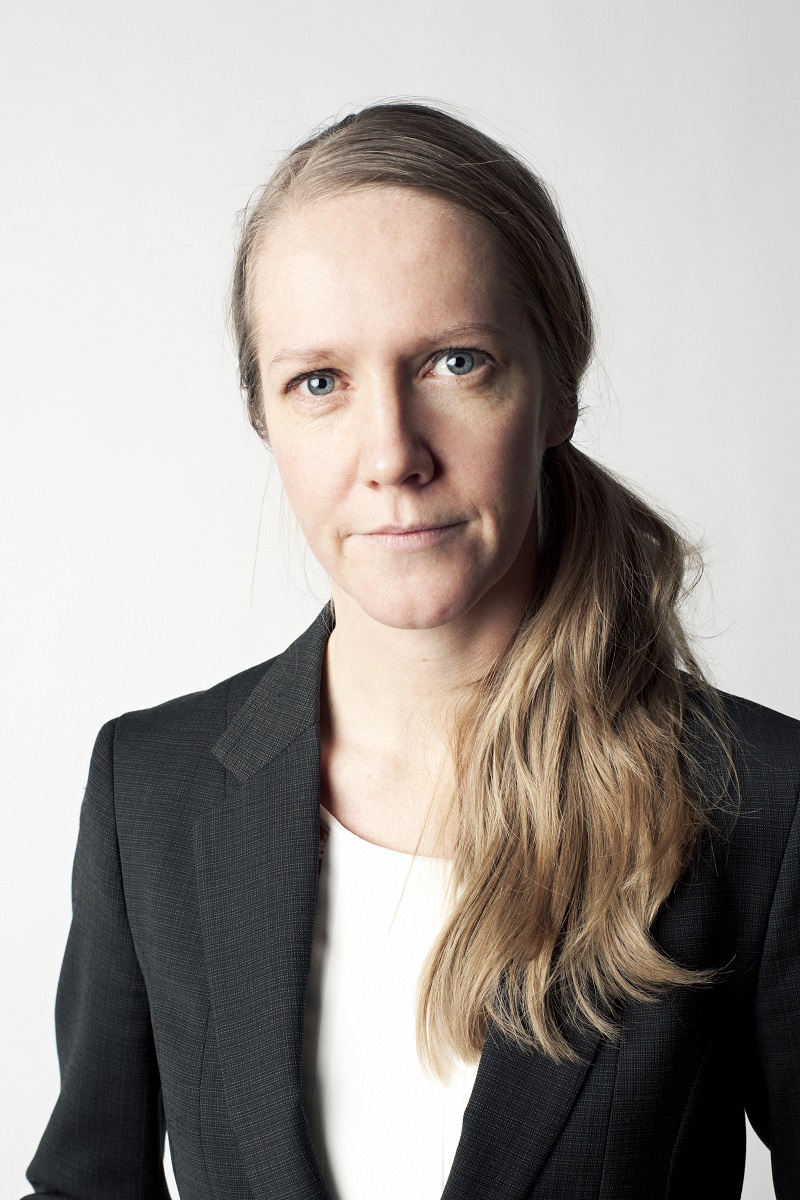Electoral reform is an integral part of democratic development: it improves the integrity and accuracy of the electoral process and promotes the electoral rights of citizens through entrenching impartiality, inclusiveness and transparency. Evidence suggests continuous assessment and reform of the legal framework governing electoral processes is necessary in both old and new democracies.
International IDEA’s handbook on Electoral Management Design divides electoral reforms into three types:
- political electoral reform – changes in the political environment within which electoral management bodies (EMBs) operates, e.g. reforms that give EMBs more autonomy;
- administrative electoral reform – changes related more to the day-to-day work of the EMB such as introduction of new strategies, policies and structures; and
- legal electoral reform – changes to the constitution, electoral laws as well as rules and regulations.
In the latter category, electoral law reform has a narrow focus on reforms to constitutional provisions and election-related laws. A considerable number of electoral law reforms have been undertaken in Africa over the past two and a half decades. Countries have made changes to the legal framework covering issues like voter registration, electoral systems, out-of-country voting, gender quotas, electoral campaign financing, and the use of technology in elections.
EMBs generally play a key role in electoral law reform processes. Whilst acknowledging that electoral law reform can only occur within the framework agreed with the government and the legislature, EMBs have crucial expertise in election-related matters as well as an extended network of partners relevant for legal review processes.
At the same time, electoral law reform processes present EMBs with a series of dilemmas. When should they and when should they not engage in such processes? EMBs are first and foremost mandated to manage elections. In Africa, most EMBs lack formal directives to allow them to become involved in law reform. At the same time, EMBs possess valuable information about how electoral laws play out in practice, and an interest in ensuring that adequate legal frameworks are put in place to facilitate the organization of elections.
Moreover, if EMBs opt to engage on law reform issues which principles ought to guide their involvement, and how could such principles be integrated into their daily work? Considering that electoral law reform processes are both political and technical in nature, what is the appropriate role for EMBs in electoral law reform?
In 2014, International IDEA’s Africa Programme and its regional partners distilled lessons learned from EMB work, and examined what constitutes best practice in order to guide the future engagement of EMBs within electoral law reform. In this context, a two day colloquium was organized in Pretoria, South Africa, in July, where electoral practitioners and academics met with EMB representatives to discuss:
- How/when are electoral law reform processes initiated?
- What is the relevance of the environment within which electoral law reforms are discussed? To what extent are reforms technical and to what extent are they political undertakings?
- What is the role of EMBs in electoral law reform processes – both formally and informally?
- What are the key approaches of EMBs when engaging on electoral law reform issues? What do they do and who do the engage with?
- What are the main risks and challenges linked to EMB engagement in this particular field?
International IDEA is producing a series of case studies to document EMB experiences in electoral law reform processes. Two of these case studies, presenting the experiences from Sierra Leone and South Africa, are now available on the ACE Electoral Practitioners Network’s website – and more will follow soon. Towards the end of 2014, International IDEA will publish a policy paper on EMB engagement in electoral law reform processes in Africa, including recommendations for EMB work in this particular area.
Read about EMB engagement in electoral law reform processes in Malawi, Nigeria, Sierra Leone and South Africa on ACE Electoral Knowledge Network.




